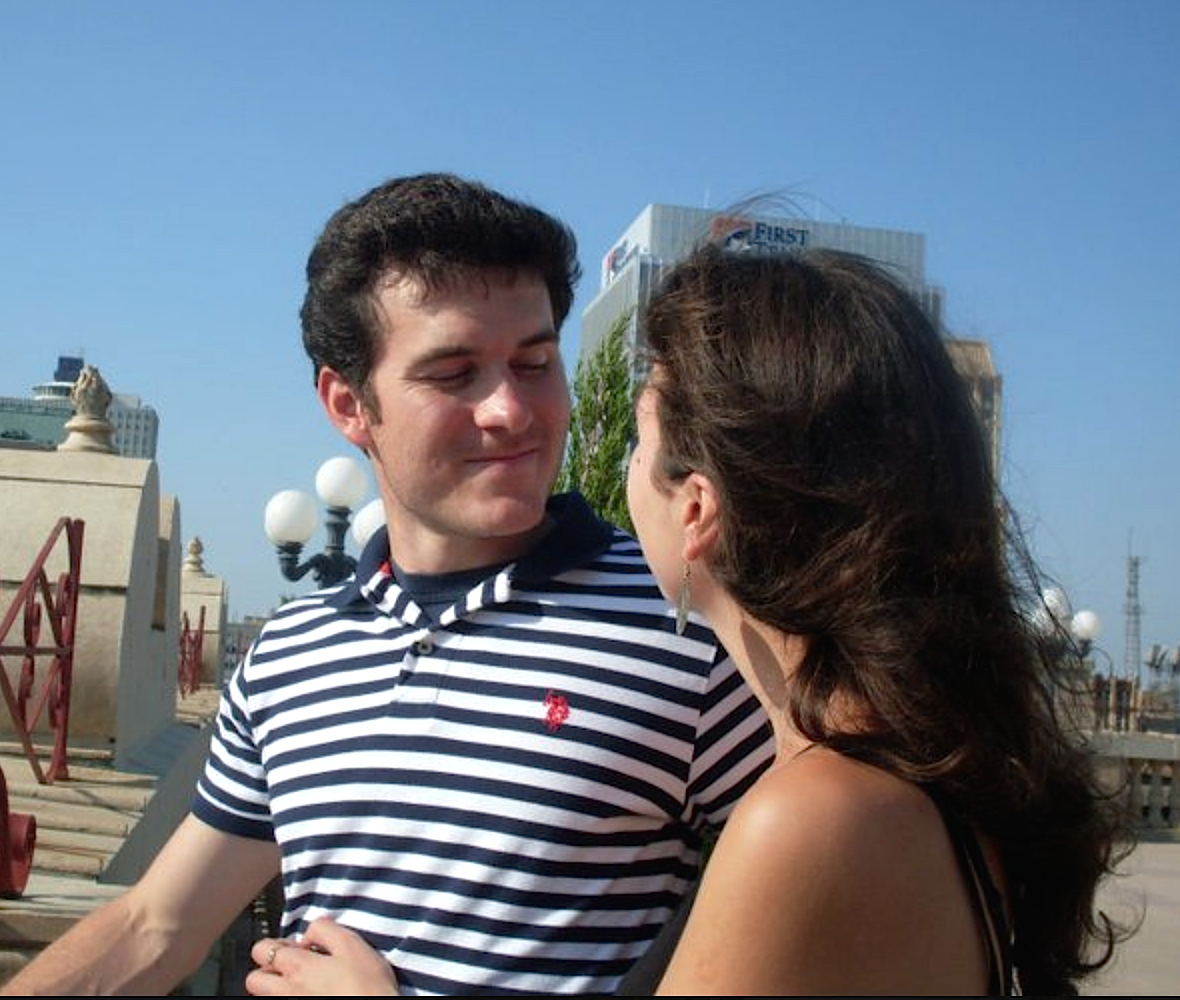
With our first romance we saw the world in a whole new way because of the one who was absolutely wonderful, and who thought the same of us.
With our first romance we saw the world in a whole new way because of the one who was absolutely wonderful, and who thought the same of us.
During our early teens, we began in earnest, the journey of our inner life in earnest, an inner life complicated by our sense of how others regard us, which in turn affected how we regarded ourselves. No wonder teenagers are confused and confusing. Many of us spent the rest of our lives trying to reconcile how we value ourselves with how others value us. A lucky few learn early on that this reconciliation is achieved only by being courageous — by being true to oneself and true to the other at the same time. With that insight anyone can begin to build the good relationships that are at the heart of our existence.
Parenting and education are important because this insight does not come naturally. Nothing shapes us more that the intimate relationships that are imposed on us, those with our mother, our father and our siblings. These foundational relationships we do not get to choose.

Apart from these imposed relationships lie the relationships we do choose — our spouse and our friends. By these choices we mold who we become. Without direct instruction, however, we are unlikely to learn this.
Such instruction can impart deep wisdom – that through my friendships I can become the self I am happy to be. Even deeper: that my value as a person — being a person as opposed to being someone’s tool — is reflected most in my friendships. Few are taught this explicitly. It is definitely not taught in the sex-ed imposed on teenagers today. It is its sexual potential that gives romantic friendships their energy. They are important relationships on the journey towards marriage and those relationships we are going to impose on our children.
As mankind moves towards conquering extreme poverty (and there is talk of achieving this by 2030) our relational needs will come roaring to therefore, because our high-tech mode of increased productivity is being purchased at the high price of attenuated relationships and fewer real friends.

Some, aware of the ‘thin-ness’ of how we have produced antidotes, such as the work of Virginia Satir who started a “relational revolution” in psychotherapy that has spread to virtually all dimensions of the applied social sciences; in philosophy with the work of Leonardo Polo; in the theology of the bodyof John Paul II; in economics with the rediscovery of “the fourth law” of the voluntary redistribution of goods in the work of John Mueller; in business with the customer-service-approach of William Bowman of CUA’s School of Business. In neurological genetics, a recent breakthrough illustrates the capacity of stress— the relational life of a father—, to change the DNA of his child.
We all can contribute to building a relationally-centered-civilization by celebrating teen romance — the first deep experience of “intimacy and otherness.” This is a pivotal point in the formation of the heart and mind, when young adults learn we are made more complete through this relationship, especially if it is one in which I am true to myself and true to the other. Soon, Valentine’s Day will be here, giving us our annual opportunity to impart this attractive wisdom to the young generation.

